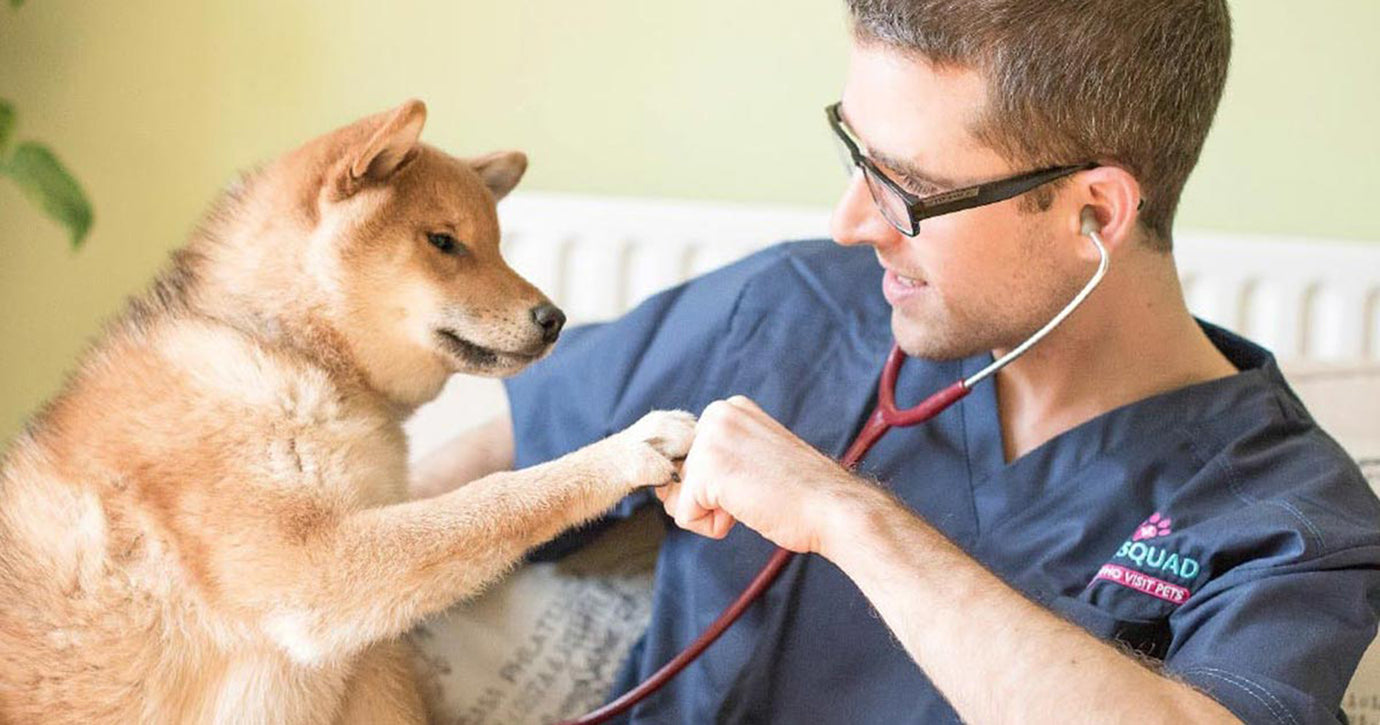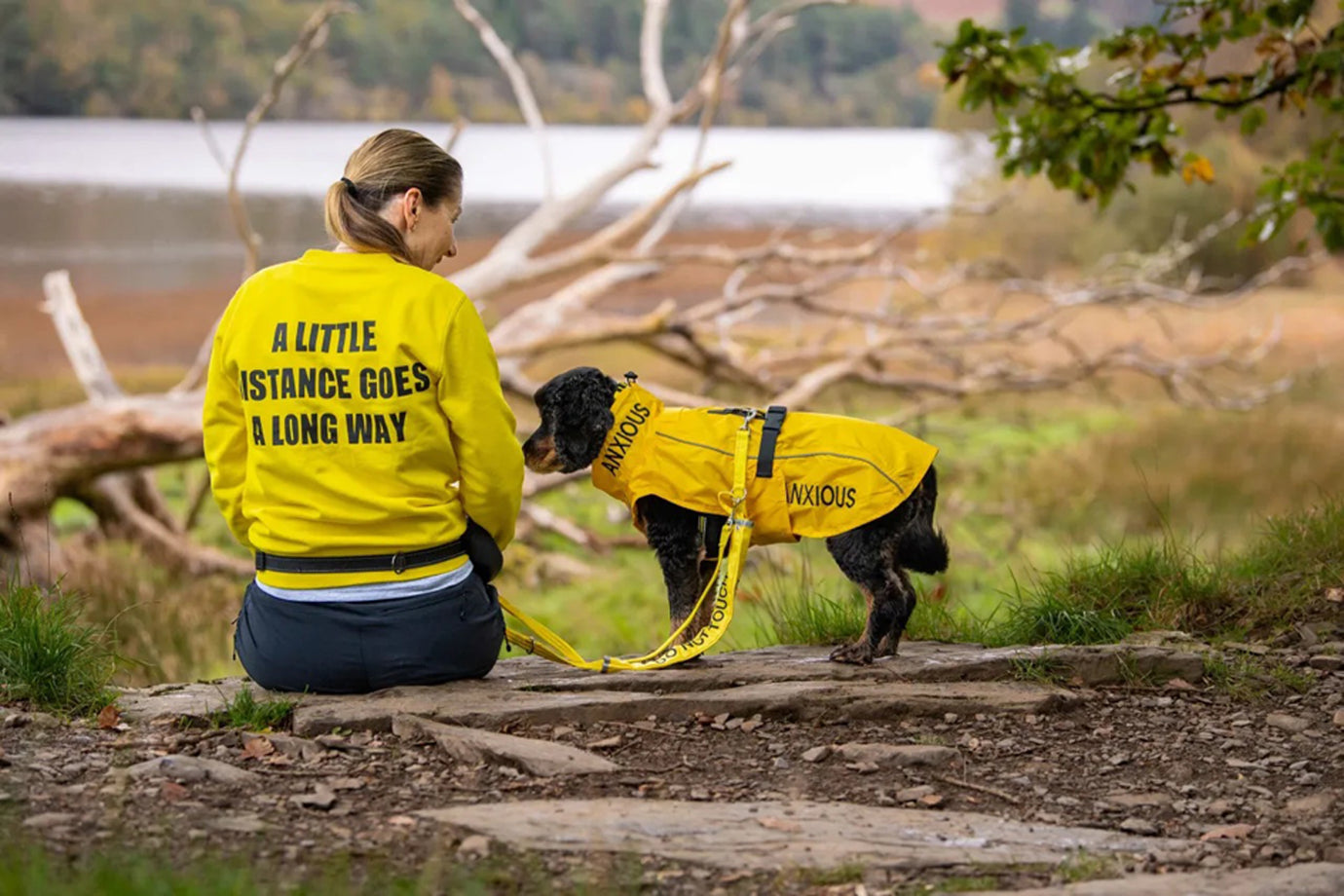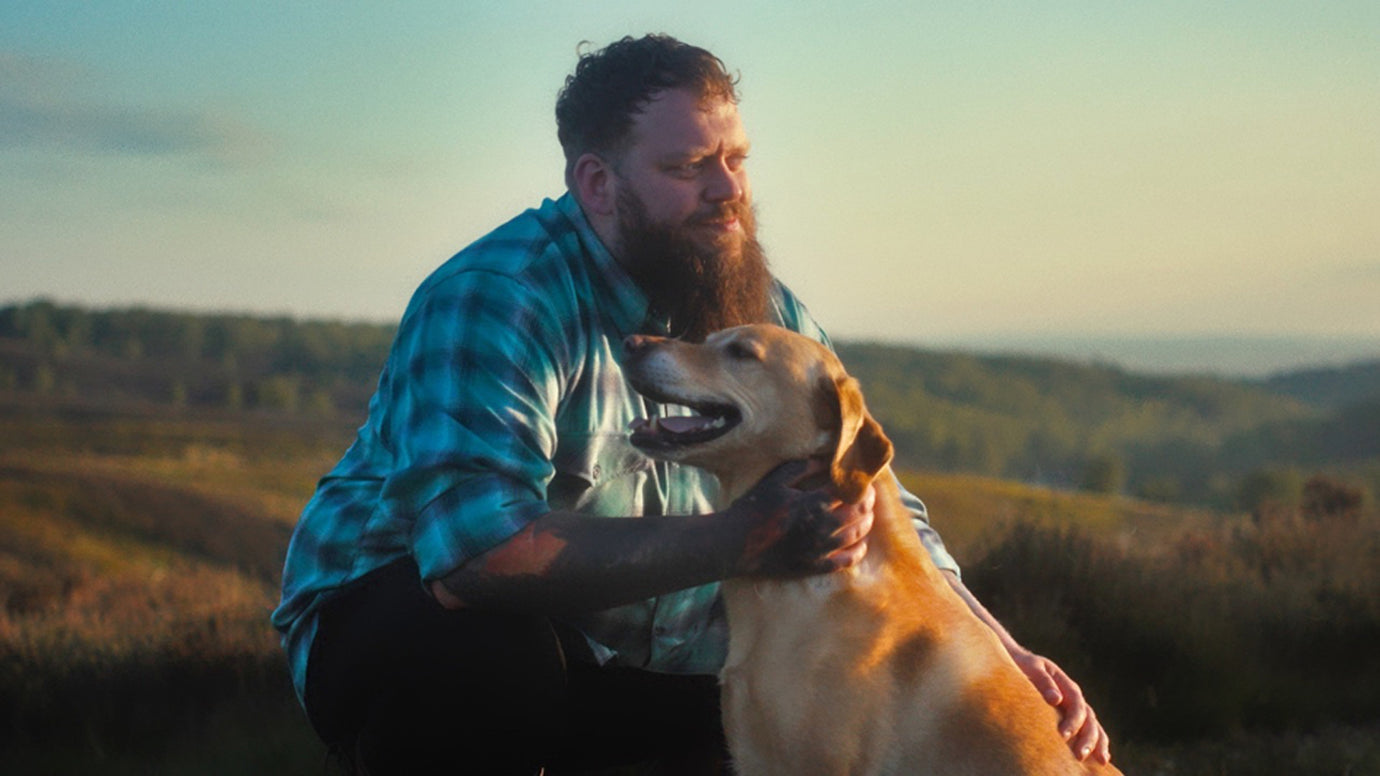Dog expressions: Finally, the truth about just how manipulative your dog really is.

Our pets have specific expressions they reserve for humans has been revealed. But as a dog owner, I have to say that news comes as no surprise to me.
Sitting at my desk, I stealthily peel open a packet of biscuits, hardly daring to breathe as I carefully reach inside. Even as my fingers close triumphantly around the coveted malted milk, the clip-clip of claws in the hall announces my failure.
A small furry beast trots into my line of vision and arranges itself patiently by my feet. When eventually, biscuit disposed of, I dare to turn my head to meet its burning eyes, the dog cocks his head winsomely to one side, and, on cue, my heart melts. Once again, he’s played me like a fiddle, and without even opening his mouth.
Dealing with such blatant emotional manipulation on a daily basis, I was unsurprised by the news that dogs use their facial expressions to interact with the human world. A study recently published in the journal Scientific Reports found that dogs move their faces far more when humans are looking at them than otherwise, suggesting that those expressions are attempts to communicate with us - though the scientists involved were keen to emphasise that they don’t know exactly what the dogs are trying to say.
I’m happy to help them out here. The slight widening of the eyes - a trait they noted as common among dogs looking at humans - is a direct shot at your misplaced nostalgia for their puppyhood.
With the ominous stains finally fading from the carpet, and endless chewed laptop cables and eviscerated soft furnishings but a hilarious memory, those liquid saucers remind you only of a time when their paws were too big for their tiny bodies, and every squeaky bark came as a delightful surprise to you both.
And once those endorphins begin flowing in their direction, the love tends to too, whether it’s in the form of a tummy rub, a game of fetch, or, best of all, a treat. Wilf’s coquettishly angled head, his coy sideways glance from underneath those tufty terrier eyebrows (for all the world like some obscenely hairy child starlet) is just an escalation of the same tactic.
It works the other way too. Though I know rationally that the average dog does not possess the emotional sophistication required to plan and execute what is commonly known as a guilt trip, Wilf, a stolid little terrier who I would not otherwise describe as being particularly in touch with his emotions, is a master of that dark art.
No sooner do I make preparations to go out for the evening - having obediently taken him for a decent walk, fed and watered him and generally catered to all his basic needs with all the care and attention of an unusually fond slave - than the sleepy eyes snap open, and I realise I’m being watched.
As I put my shoes on, he’ll flop from the bed with a heavy sigh, and slump in the corner of the room, tail between his legs, as his eyes dolefully follow me out of the door.
At this point, his misery at this cruel abandonment is so great he can’t bring himself to accept my apology, even when it comes in the form of dried ox liver - yet, I know, from the odd occasion when I’ve forgotten something and had to turn back, that as soon as I leave, he gobbles up the treat and heaves himself back on to the bed for a soothing nap. This knowledge does not, of course, stop his sad face haunting me all the way to the bus stop.
The authors of the study, conducted by the University of Portsmouth, admit that, though their findings support the idea that these facial expressions are “potentially active attempts to communicate”, it’s more difficult to determine whether this behaviour is intentional.
It’s a problem that has taxed many fine legal minds before them - but though mens rea (a guilty mind) may be hard to prove in human subjects, those puppy dog eyes tell their own story.
There isn’t a jury in the land that wouldn’t come to the conclusion that a begging dog knows exactly what it’s doing - and most would happily fall for it anyway. In every humble mutt there lurks a mime artist of rare talent, so throw them a bone occasionally - they deserve it.
(Article source: The Guardian)




